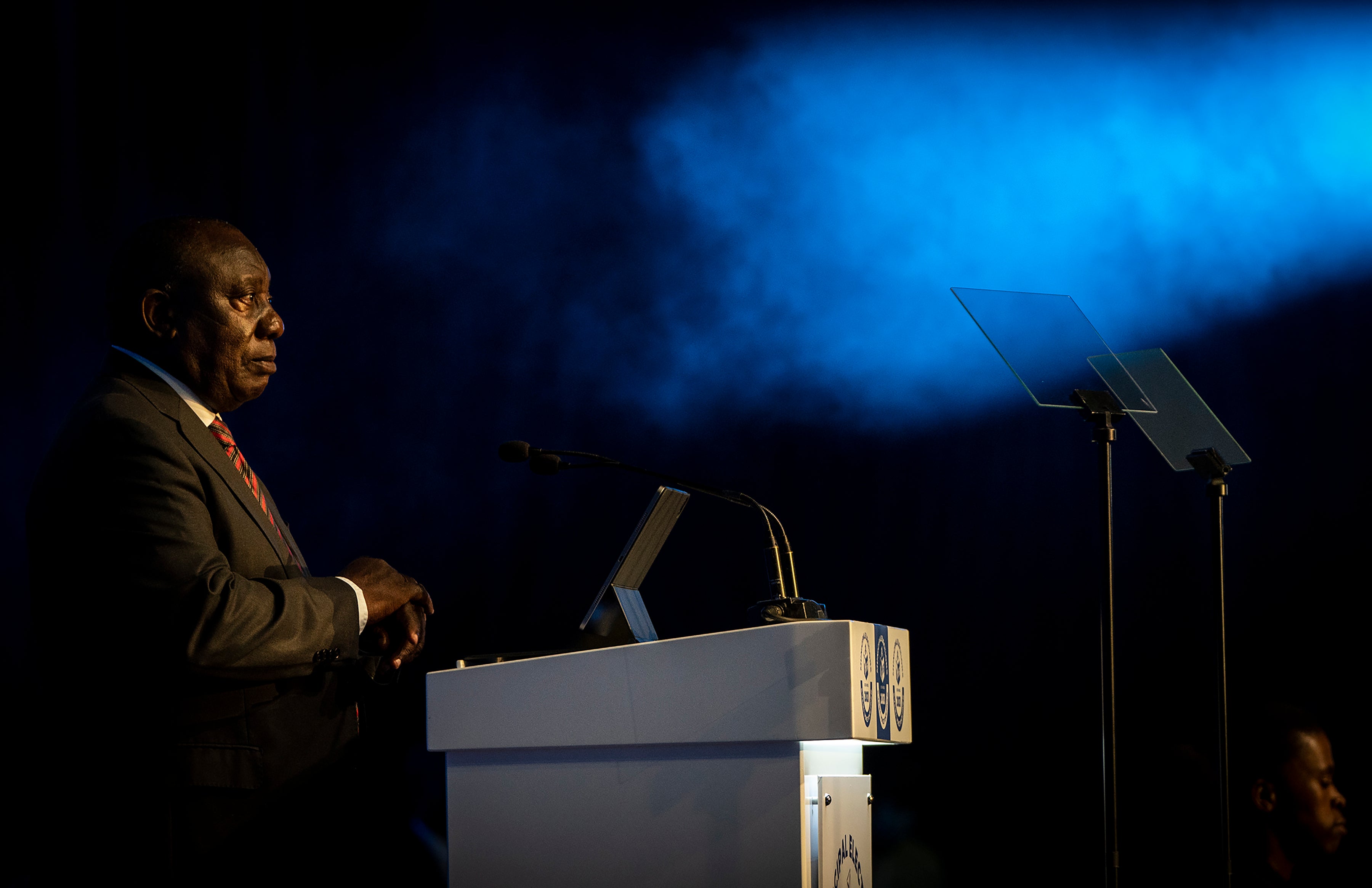South Africa's ANC party sees big decline in local elections
South Africa’s voters have delivered a significant rebuke to the governing African National Congress, the party of late anti-apartheid leader Nelson Mandela, which got less than 50% of ballots cast in local government elections

Your support helps us to tell the story
From reproductive rights to climate change to Big Tech, The Independent is on the ground when the story is developing. Whether it's investigating the financials of Elon Musk's pro-Trump PAC or producing our latest documentary, 'The A Word', which shines a light on the American women fighting for reproductive rights, we know how important it is to parse out the facts from the messaging.
At such a critical moment in US history, we need reporters on the ground. Your donation allows us to keep sending journalists to speak to both sides of the story.
The Independent is trusted by Americans across the entire political spectrum. And unlike many other quality news outlets, we choose not to lock Americans out of our reporting and analysis with paywalls. We believe quality journalism should be available to everyone, paid for by those who can afford it.
Your support makes all the difference.South Africa's voters have delivered a significant rebuke to the governing African National Congress, the party of late anti-apartheid leader Nelson Mandela which got less than 50% of ballots cast in local government elections.
Widespread corruption, persistently high rates of unemployment, crippling power blackouts and ineffective delivery of government services were burning campaign issues.
In results announced Thursday night, the ANC saw an erosion of its support and as a result will control fewer councils and have fewer mayors in big and small cities across the country.
President Cyril Ramaphosa acknowledged that the party will have to form coalitions to govern key metropolitan areas.
“If we are to make this a new and better era, we as leaders must put aside our differences and work together in a spirit of partnership, of cooperation and collaboration and common purpose in the interest of the people of South Africa,” said Ramaphosa, announcing the results at the election center in Pretoria.
Not only did voters not support the ANC, most did not bother to vote. Although voting day was declared a public holiday, turnout was 47% of registered voters, more than 10% lower than in previous elections.
The main opposition party, the Democratic Alliance failed to take advantage of the ANC's declining support, seeing its share of votes decline by about 5% since the previous local elections in 2016.
New parties such as ActionSA in Johannesburg and the Good Party in Cape Town won significant minority shares, giving them strategic leverage in the coalitions that the major parties will have to form in the coming days.